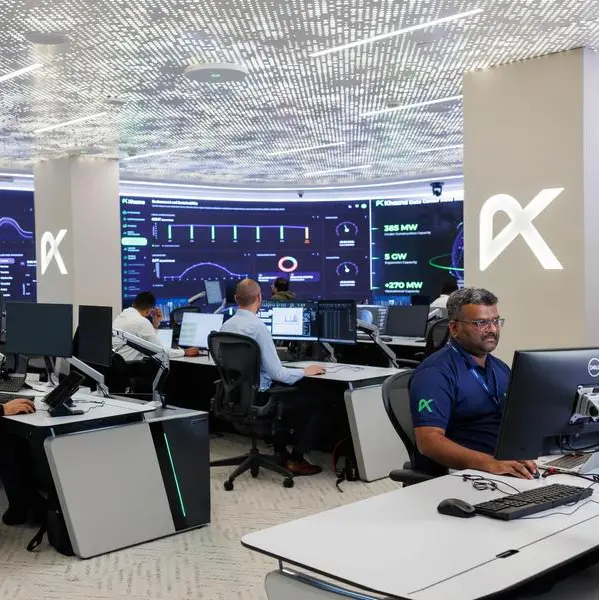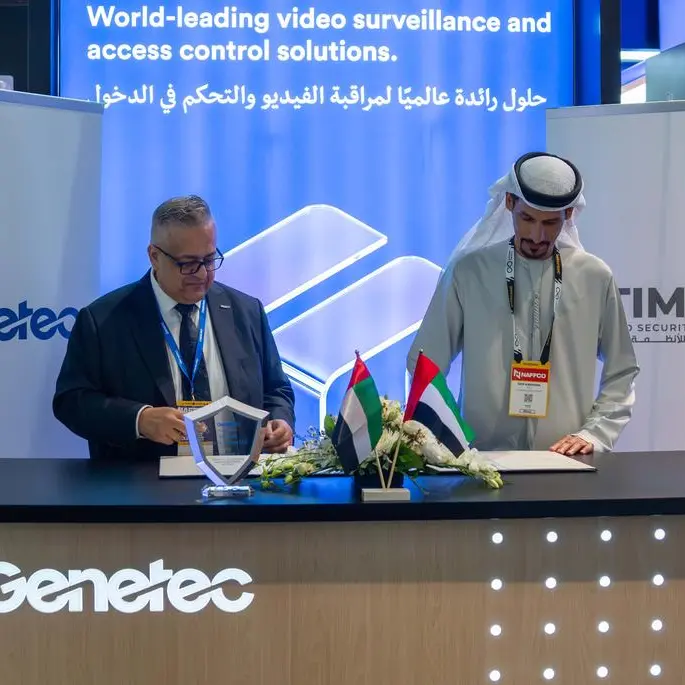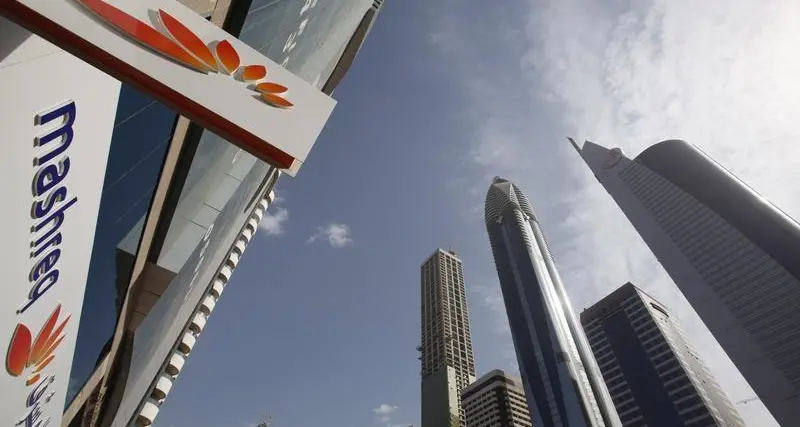· On 16 February 2017, the England and Wales High Court ruled that MENA Energy is entitled for damages from Hascol Petroleum concerning two shipments of fuel oil and one shipment of gas oil to Karachi in November 2014. Counterclaims bought forward by Hascol Petroleum have been dismissed.
· Despite the ruling of the England and Wales High Court of Justice, reports that there is no case underway between MENA Energy and Hascol Petroleum or that Hascol Petroleum is entitled for damages are false.
· The High Court will convene again to determine MENA's damages claim, which totals approximately US$15 million inclusive of interests and legal costs.
The proceedings were in the England and Wales High Court and not arbitration. The complete judgment can be accessed at: www.bailii.org/ew/cases/EWHC/Comm/2017/262.html
Dubai - MENA Energy DMCC (“MENA”), a fully-integrated and independent energy trading company headquartered in Dubai, UAE, wishes to clarify its position on the oil trading dispute between MENA and Hascol Petroleum Ltd ("Hascol").
The dispute relates to the transactions for the sale of fuel oil and gasoil (diesel) by MENA to Hascol in Pakistan, for shipment in November/ December 2014, when there was a sharp decline in oil prices. Hascol defaulted on its performance obligations under the contracts.
On 16 February 2017, The England and Wales High Court of Justice (Commercial Court) handed down judgment on the liability of the dispute between MENA and Hascol. The Court ruled that MENA were completely successful with its liability claim and also dismissed the counterclaims of Hascol with regards to each of the fuel oil and gasoil shipments.
In the next hearing MENA's damages claim which totals approximately US$15 million inclusive of interests and legal costs, will be determined. Hascol has no damages claims to be determined.
Rashid Al Ghurair, CEO of MENA Energy commented:
“MENA Energy believes in a partnership based approach while working with our clients. The relationships we have formed are based on the cornerstones of trust, integrity and business ethics.
“We have a responsibility to our stakeholders and the oil trading industry to ensure commitments are honoured and clients do not blatantly default on their performance obligations. After multiple attempts to resolve this issue privately we were left with no other option but to resolve this matter through the courts.”
APPENDIX
Background to the Dispute
MENA and Hascol entered into transactions for the sale and purchase of fuel oil and gasoil. The first transaction was for the sale by MENA and purchase by Hascol CIF Karachi of two shipments of fuel oil (the "First Fuel Oil Shipment" and the "Second Fuel Oil Shipment") with a maximum viscosity of 125 centistokes. The second transaction was for the sale by MENA and purchase by Hascol CIF Karachi of one shipment of gasoil (the "Gasoil Shipment"). In respect of the First Fuel Oil Shipment, Hascol arranged for the issue of a confirmed letter of credit (the "Letter of Credit") naming MENA as the beneficiary.
The First Fuel Oil Shipment
The cargo was loaded in the UAE, and MENA presented documents under the terms of the Letter of Credit and obtained payment of the contract price. On arrival at Karachi of the vessel carrying the First Fuel Oil Shipment, analysis was carried out by the Hydrocarbon Development Institute of Pakistan ("HDIP"). The viscosity of the shipment was found to be 192.92 centistokes. As this was higher than the contractual specification, the immediate import of the cargo into Pakistan was not permitted.
Re-testing at Karachi was not possible. The parties agreed in a telephone conversation on 21 November 2014 that the vessel would return to Fujairah for re-blending, and thereafter would return to Karachi to discharge the cargo. This was arranged and the vessel returned to Karachi on 30 November 2014. Analysis by HDIP of new discharge samples showed a viscosity of 82.47 centistokes and Hascol took delivery of the cargo.
Subsequently there was a dispute between the parties about what was agreed on 21 November 2014, and also Hascol alleged that there had been a short delivery. MENA alleged that a final settlement was agreed on 21 November, in which:
· MENA would use its best endeavours to ensure that the vessel returned to Karachi by 26 November 2014, but without guarantee;
· the price of the First Fuel Oil Shipment would continue to be determined on the basis of the existing bills of lading; and
· Hascol agreed to contribute to the cost of the return voyage, up to a maximum of US$150,000, through an increase in the price payable in respect of the Gasoil Shipment.
Hascol argued that there was no final settlement and that the parties had only agreed that:
· if the vessel returned to Karachi by 26 November 2014, the original bills of lading would continue to be used for calculating the price;
· if the vessel returned to Karachi after 26 November 2014, the parties would revert to whatever their rights were under the original contract; and for Hascol that meant that a new contract for the First Fuel Oil Shipment had been concluded which meant that they were entitled to claim money from MENA for having made an overpayment of the price of the cargo under the terms of the Letter of Credit (as the market price had fallen during the last two weeks of November).
· in no event did Hascol agree to contribute to the cost of the return voyage.
The Court held that MENA's account of what was agreed on 21 November 2014 was to be preferred. MENA's account of the telephone conversation was more consistent with the contemporary documents. An oral agreement was concluded in the telephone conversation and the subsequent correspondence was a record of what had been agreed. MENA's case in respect of the First Fuel Oil Shipment was therefore upheld, and Hascol's claims for overpayment of the price and for short delivery were rejected.
The Second Fuel Oil Shipment
Performance of the Second Fuel Oil Shipment was not completed. The contract provided for payment by way of letter of credit, to be opened at the latest five working days before the first day of the loading laycan. Hascol did not open the letter of credit for the Second Fuel Oil Shipment, and did not take delivery of the shipment. MENA cancelled the charterparty for the relevant vessel.
The Court held that Hascol was in breach of contract by failing to open a letter of credit in respect of the Second Fuel Oil Shipment. Hascol were held to be liable to MENA for failure to take delivery of the Second Fuel Oil Shipment.
The Gasoil Shipment
MENA alleged that a contract for the Gasoil Shipment was concluded orally on 17 November 2014 and confirmed in an email on the same day setting out a deal recap. Hascol argued that no binding contract was concluded, because the parties had failed to agree on the date by which a confirmed letter of credit was to be opened. MENA's case was that, as in the case of all but one of the parties' previous transactions and as stated in the deal recap, it was agreed that the credit was to be opened five working days before the first day of the loading laycan.
The Court held that a binding contract for the Gasoil Shipment was concluded in a telephone conversation on 17 November 2014. Hascol were therefore held liable to MENA for failure to take delivery of the Gasoil Shipment.
For further information contact:
Jonathan Shillington, Grayling +971 52 229 4603 jonathan.shillington@grayling.com
© Press Release 2017


















